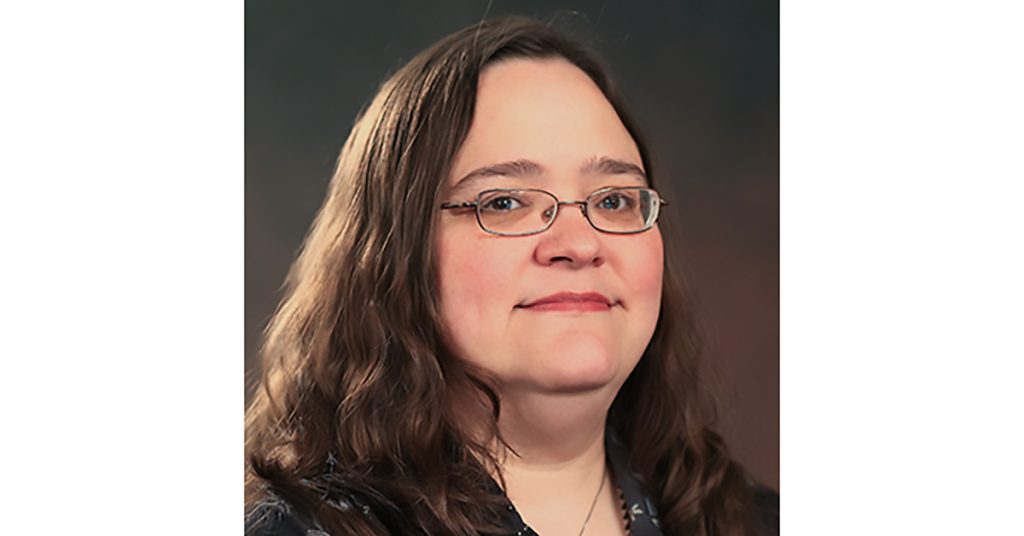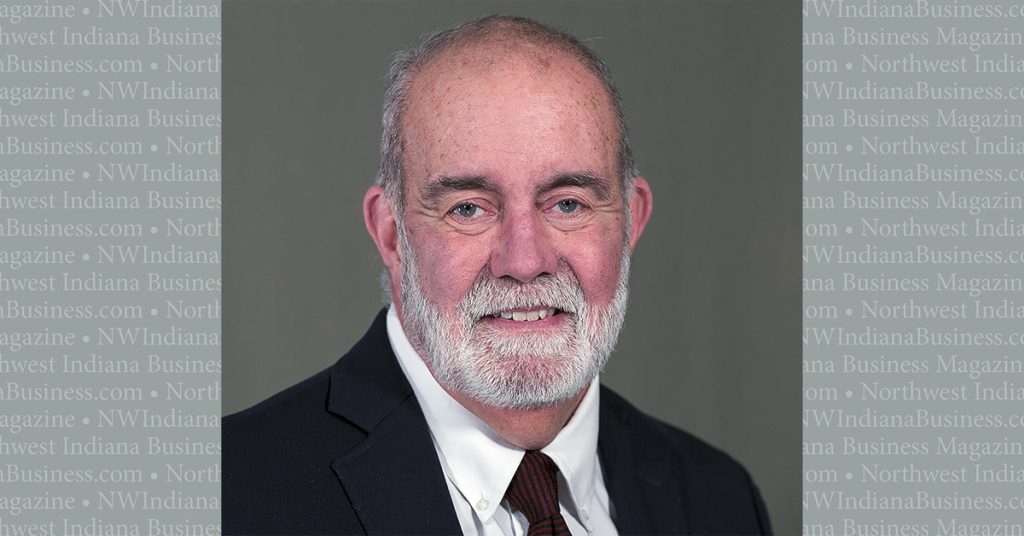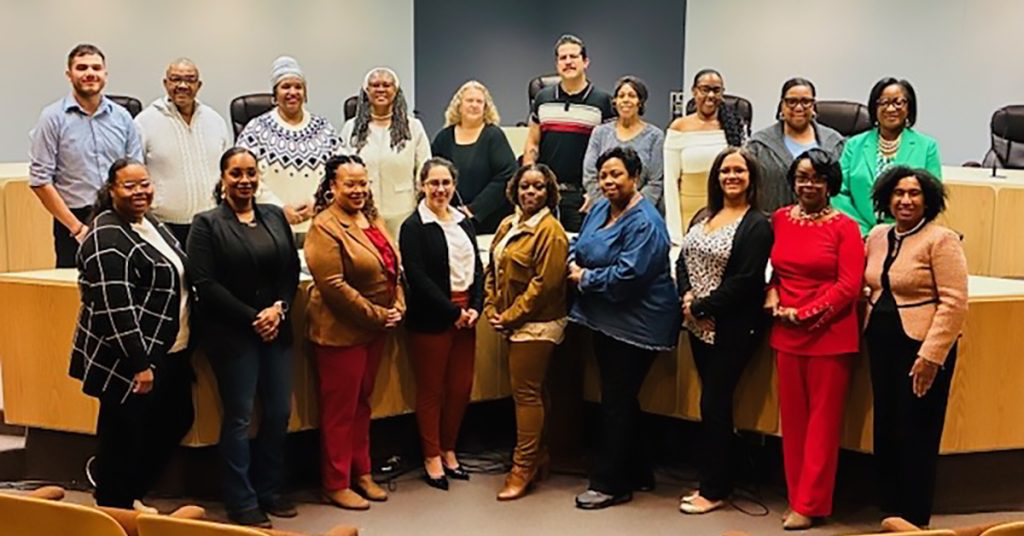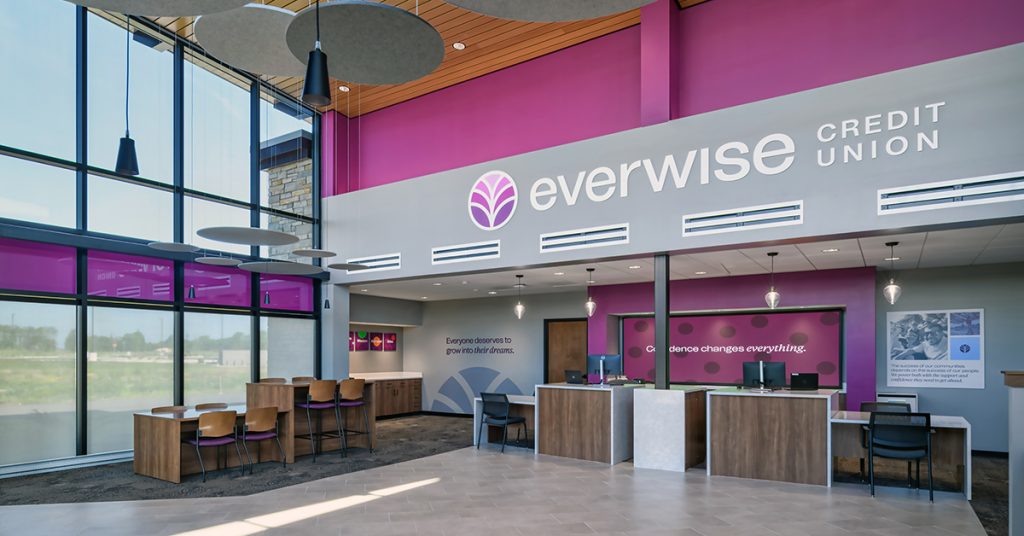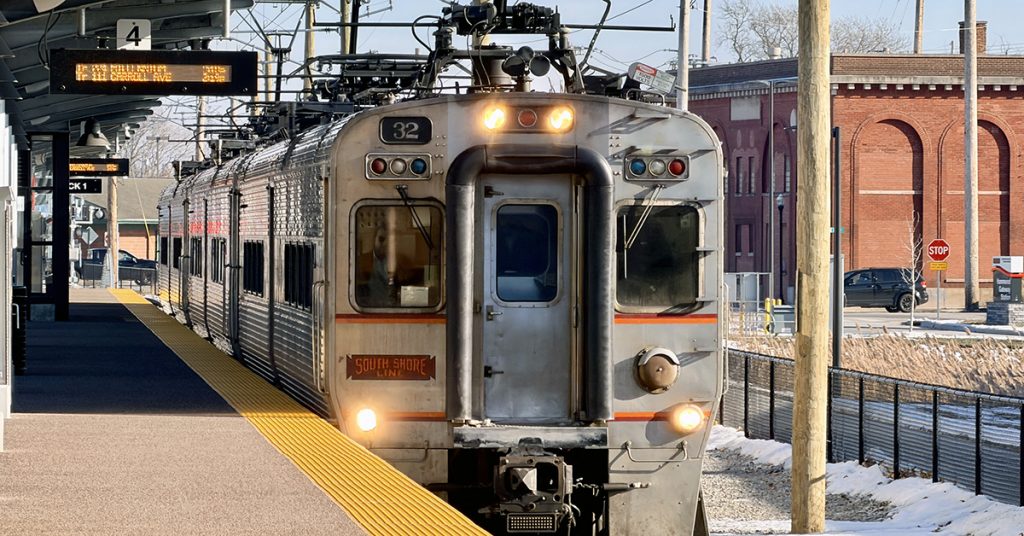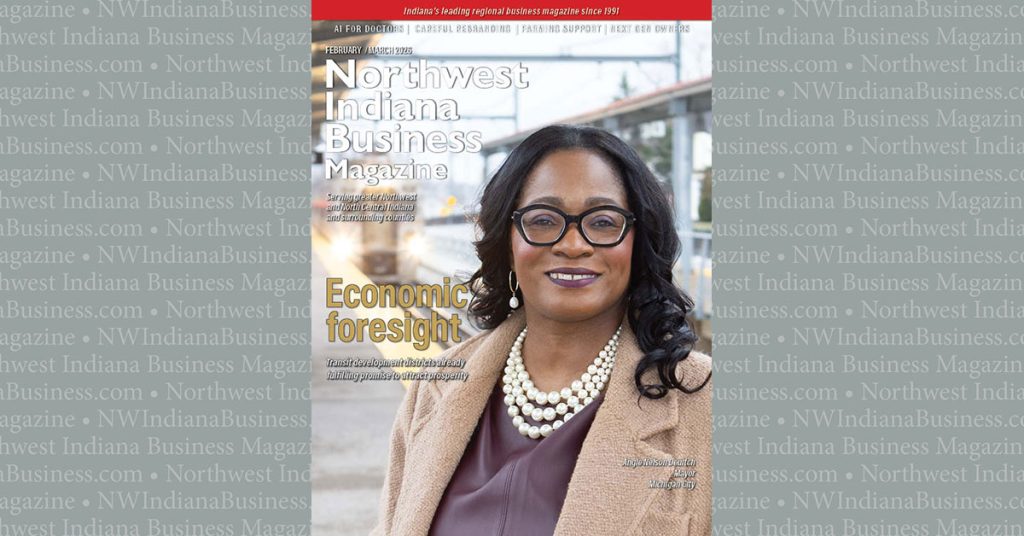
Study’s first phase shows Indiana’s tax system friendly to businesses, long-term growth
Indiana has long stood out as a state fostering a competitive, business-friendly environment with a tax system designed to support economic growth.
The Indiana Chamber Foundation’s recent tax study, “Indiana’s Tax System: A Comparative Analysis,” offers key insights into how our state stacks up against its peers, including neighboring states like Ohio and Illinois, and national competitors such as Tennessee, Texas and North Carolina.
While Indiana remains a leader in tax competitiveness, particularly for businesses, the study also highlights areas where reforms are necessary to ensure that we continue to grow equitably and sustainably.
One of the key takeaways from the study is that Indiana’s overall tax burden remains significantly lower than the U.S. average. In fiscal year 2022, Indiana’s combined state and local tax revenue was 9.6% of personal income, compared to the national average of 10.8%. Additionally, Indiana’s state and local tax revenue as a percentage of state gross domestic product was 8.6%, compared to the national average of 8.9%.
Indiana also ranks fifth lowest among benchmark states for the total effective business tax rate at 3.8%, compared to a national average of 5.0%. This positions us favorably compared to nearby states like Ohio (4.3%) and Illinois (5.5%), where higher business tax rates and overall burdens make them less competitive.
While Indiana’s competitive business tax rate is an advantage, businesses also play a critical role in funding public services. In fact, businesses in Indiana pay 38% of all state and local taxes.
While some may believe that businesses should carry a larger tax burden, increasing business taxes can lead to higher consumer costs, fewer jobs and less investment in local communities.
The study also highlights challenges in capital-intensive industries.
Manufacturing and life sciences, which are critical to Indiana’s economy, face higher effective tax rates due to our property tax structure. For example, the effective property tax rate in manufacturing is 4.9%, more than double the benchmark state average.
This is where we lag states like Kentucky and Wisconsin, where lower property taxes create a more attractive environment for capital investment.
Moreover, higher property taxes for these industries often lead to an overdependence on tax incentives to attract new business and foster economic growth. While incentives can help attract investment, they can also create long-term imbalances if used as a substitute for a more competitive tax structure.
Addressing these industry-specific challenges should be a priority in our tax reform efforts.
A balanced approach should focus on making the system more competitive while ensuring that all taxpayers contribute fairly.
By fostering a tax environment with reasonable rates and predictable policies, we can support both businesses and individuals without compromising the stability of the broader tax base.
Indiana’s tax system has been a cornerstone of our economic success, but there is always room for improvement.
As the study has shown, Indiana is highly competitive, but targeted reforms can ensure we remain a leader in economic growth.
By addressing specific challenges in key industries, we can continue to create an environment where businesses and residents alike can thrive. The work we do today will ensure Indiana remains a leader in opportunity and prosperity for generations to come.
Read more stories from the current issue of Northwest Indiana Business Magazine.

